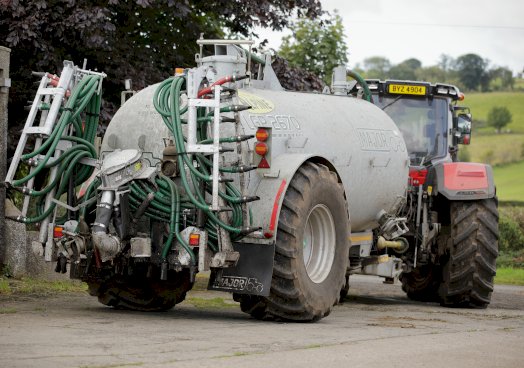
Commodity watch by parliamentary officer, Alexander Kinnear.
Twelve months on from the first Labour budget in fourteen years, the Government still fails to acknowledge the scale of concern within rural communities across the UK. In the run-up to the next budget on 26 November, we continue to demonstrate our opposition to the proposed changes to Inheritance Tax (IHT). The Labour majority of 148 MPs must be broken down to have any chance of success, either through enough MPs having successfully convinced Treasury Ministers to seek an alternative path, or through post-budget support for meaningful amendments to the finance bill. Many conversations have taken place in order to try to convince those Labour MPs with rural constituencies to take a stand or face electoral oblivion at the next election; however, we must remember that many of those we are trying to convince are newly elected, and rebelling against party lines is not a simple task.
The wider economic situation has not provided an easy out for the Government and has deteriorated significantly from just twelve months ago. The old claim that farmers are asset-rich but cash-poor no longer holds; across the UK, many families feel both asset- and cash-poor. Changing mindsets over the perceptions of farmer wealth has been a constant challenge and like many policy issues currently on the table, both national and devolved, we are paying a price for the ever-growing divide between rural and urban populations. To rewind the clock to the start of this sorry episode is to recognise the ambitions of the Treasury which has been trying to propose IHT changes to Chancellors as far back as George Osborne.
The response this week from the Treasury in the most recent Westminster Hall debate confirmed suspicions that this is a settled debate for the Treasury; however, the Government was never going to publicly debate the upcoming budget until it is fully revealed. Their dismissal of the recent CenTax report and proposals is worrying, and although the report’s proposals do not solve everything, it would be a much better position than the one proposed by the Treasury which will take effect in April 2026. The UFU and others have proposed the idea of a morality clause as a very minimal safeguard to protect those most vulnerable within rural communities, whereby the elderly and terminally ill would be exempt from the tax, with consideration also given to those who become incapacitated through a sudden accident.
The UFU will continue to present our case in Westminster, as we have been doing, highlighting the unique set of circumstances in Northern Ireland around our farm structure and land values. If the Government does not budge at the next logical opportunity during the budget, amendments to the finance bill will become the main target, and every MP’s vote will count. However stark the reality of our chances of success, we are approaching the eye of the storm, with the final opportunities to present our case.




